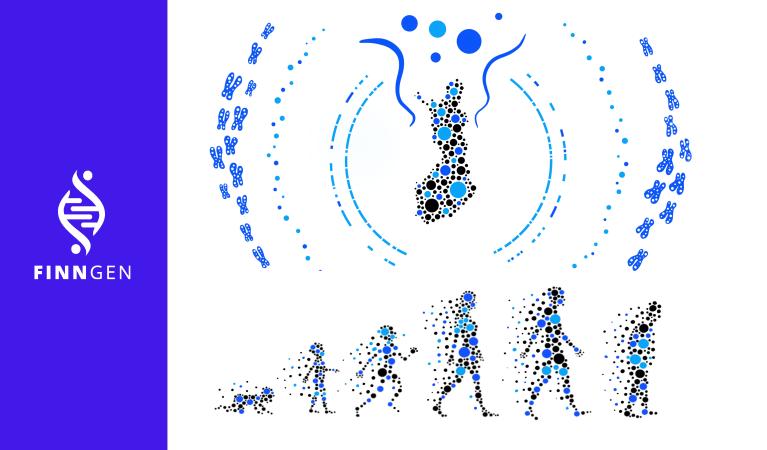19.12.2023
We are happy to announce that the FinnGen data freeze 10 results and summary statistics were made publicly available on December 18, 2023!
29.11.2023
A massive genetic study involving almost 800,000 participants has uncovered genetic factors that contribute to the use of sleep medications, shedding new light on the intricate relationship between sleep problems and psychiatric conditions.
29.10.2023
We teamed-up with experts on data visualisation from Aalto University to co-create a new accessible and engaging communication resource. Scroll through the website to learn about the FinnGen project, its goals, processes and its impact in Finland and around the world. Don't miss out – explore now and expand your horizons!
23.10.2023
Results based on the FinnGen data are presented in almost 40 talks or posters during the 2023 Annual Meeting of the American Society of Human Genetics (ASHG) in Washington DC, November 1-5. Come and meet our researchers!
25.9.2023
The FinnGen research consortium has successfully collected and generated genomic data from 500,000 individuals. Now, the project will continue its search for genetic clues to disease progression and explore the biological mechanism of the genetic signals uncovered in the first stages of the project.
30.6.2023
FinnGen has met its target of collecting 500,000 participants on schedule. We want to thank each and every Finnish biobank sample donor for making medical research possible and the biobanks for their excellent cooperation over the past six years!
11.5.2023
We are happy to announce that the FinnGen data freeze 9 results and summary statistics are now publicly available!
18.1.2023
New results from the FinnGen research consortium demonstrate the undeniable benefits of Finnish health research environment for genomic research. Among the wealth of novel genetic discoveries are previously unknown genetic risk factors for many debilitating diseases. These findings have potential to facilitate the development of new therapies.
18.1.2023
A large-scale biobank-based study performed in Finland has discovered several new disease genes as well as new insights on how known genetic factors affect disease. The study highlights an underappreciated complexity in the dosage effects of genetic variants.
18.1.2023
Extensive genetic study performed in Finland has provided further insights into the genetic risk factors that influence susceptibility to upper respiratory tract infections. The results help to understand individual differences in infection susceptibility and reveal common risk factors underlying several types of infections.







